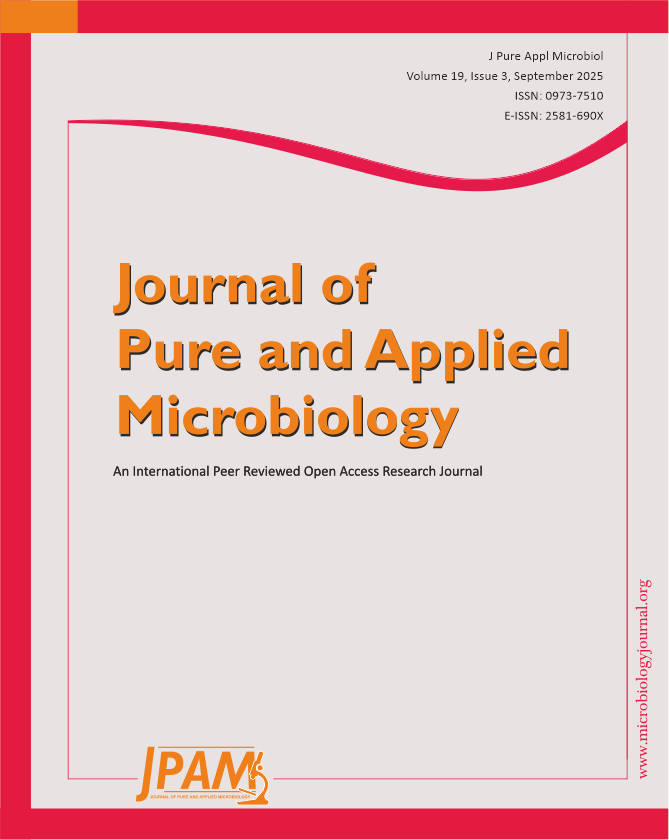This research aimed to examine the dual effects of Coffea arabica on the cell division of Allium cepa and its antibacterial properties. This was achieved by utilizing the A. cepa bioassay to study mitosis and measuring optimal density, as well as using the agar well diffusion method to evaluate the antibacterial effect against Pseudomonas aeruginosa, Staphylococcus aureus, and Bacillus subtilis. To study the impact of Coffea arabica on mitosis, root tips of Allium cepa were exposed to three different levels of coffee (1.5, 5.5, and 10.5 g/100 ml). The frequency of chromosomal aberrations (CA) and mitotic index (MI) were observed under a microscope. For the antibacterial effect, the coffee extracts were tested against P. aeruginosa, S. aureus, and B. subtilis using two methods. First, the optimal density of bacterial growth was measured for three different coffee levels (3, 12.5, 20 mg/ml). Second, the agar well diffusion method was used to evaluate the size of the inhibition zones around the wells containing the coffee extract. The results revealed that Coffea arabica at levels of 10.5 g/100 ml and 5.5 g/100 ml significantly affected mitosis in A. cepa root cells, leading to an increase in CA, such as multinucleated cells, chromosomal stickiness, and chromosomal bridges. The MI was also noticeably elevated at these levels. Regarding antibacterial activity, P. aeruginosa was found to be the most susceptible to coffee at 12.5 mg/ml, as indicated by the optical density measurement. The agar well diffusion method showed that S. aureus exhibited the largest inhibition zone (1.9 cm) at 20 mg/ml. This research highlights the dual impact of Coffea arabica on both chromosomal stability and bacterial growth. The coffee extract demonstrated a clear effect on mitosis, causing CA and surged MI in A. cepa root cells. Additionally, coffee exhibited antibacterial properties, particularly against P. aeruginosa and S. aureus. These findings suggest that while coffee has beneficial antimicrobial effects, its impact on cellular processes, such as chromosomal integrity, should also be considered in future studies.
Bacteria, Chromosomes, Coffee, Inhibition, Mitosis
© The Author(s) 2025. Open Access. This article is distributed under the terms of the Creative Commons Attribution 4.0 International License which permits unrestricted use, sharing, distribution, and reproduction in any medium, provided you give appropriate credit to the original author(s) and the source, provide a link to the Creative Commons license, and indicate if changes were made.


